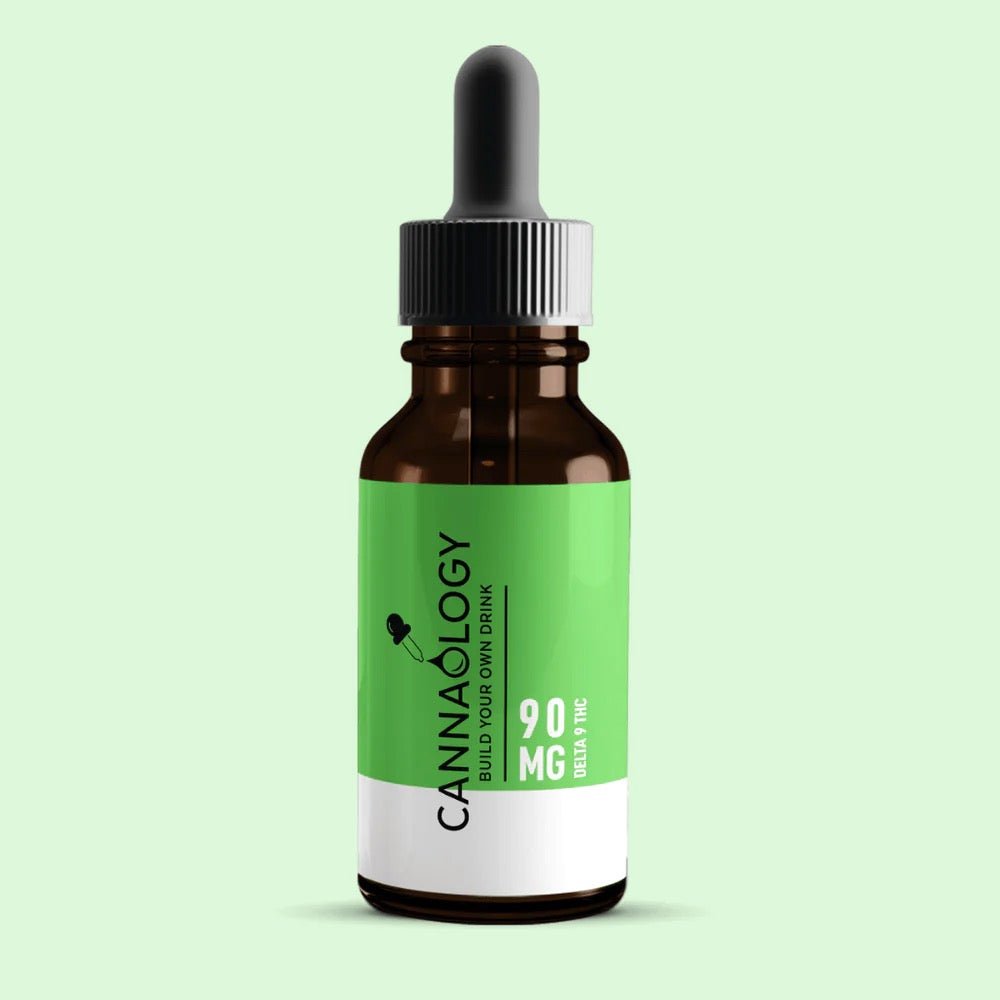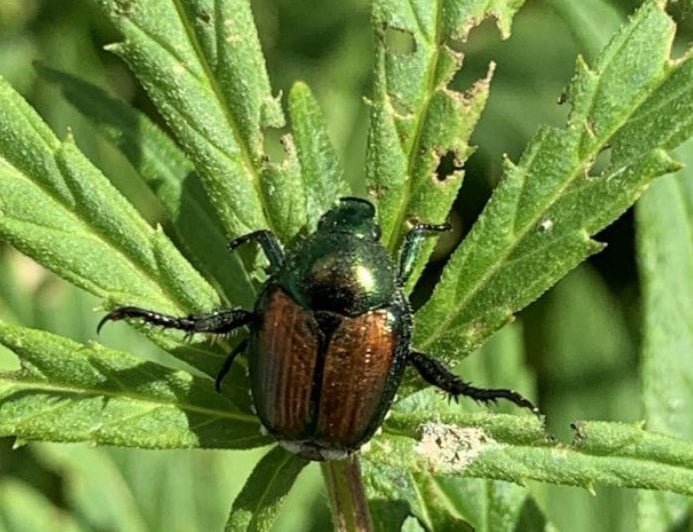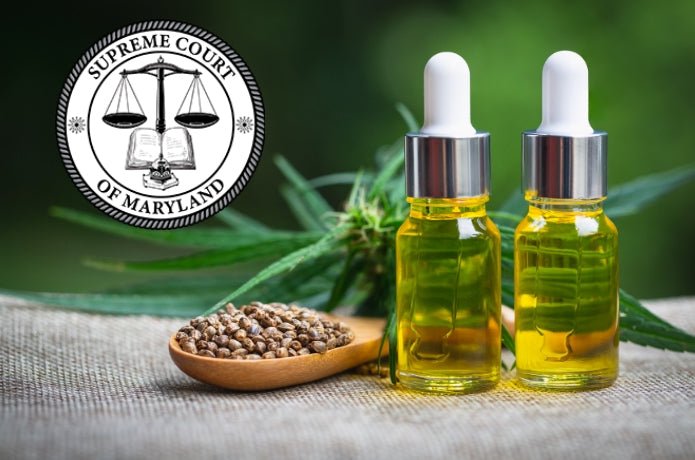Congressional researchers caution that differing policy priorities from hemp stakeholders could overly complicate the renewal process.

One of the hallmarks of American Democracy is the legislative debate process. Hollywood glamorized this activity in classic films like “Mr. Smith Goes to Washington” and “Advise and Consent.” In more recent times, with the advent of the 24-hour news cycle and broadcast platforms like C-SPAN, citizens can literally watch how the “sausage is made.”
Eloquent speeches and impassioned pleas from conscientious and civically-minded lawmakers seeking to make their mark make the entire affair seem extremely patriotic, robust, and, at times, emotionally moving to the viewer.
However, in practice, the process can be extremely tedious and time-consuming, while at the same time, it feels like nothing is being accomplished. In recent years, with the rise of Donald Trump and his acolytes, the intense political polarization that began to overtake Washington at the beginning of this century has completely ground the legislative process and the actual job of governing to a halt.
From the House Speaker debacle to yet another threat of a government shutdown, the past few months in Washington typify the sad new normal in American politics. As a result, there have been several legislative casualties, including the Farm Bill’s renewal.
Fortunately, congressional leaders and President Biden passed an extension for the vital spending measure, giving lawmakers the time necessary to review, revise, and hopefully renew the five-year bill properly before the end of 2024. However, as legislative leaders prepare to entertain potential modifications to the federal hemp provisions within the next iteration of the legislation, congressional researchers are warning that clashing policy priorities among industry stakeholders may overly complicate the proceedings.
As first reported by Marijuana Moment, the Congressional Research Service (CRS) published its hemp-centric primer on Wednesday, outlining the current state of the cannabis sector following the legalization of hemp under the 2018 Farm Bill. In that report, researchers shared the various ways lawmakers, industry interests, and advocates hope to mold and craft the next version of the measure.
According to the analysis, stakeholders seeking to impact policymaking on the crop “cover many national and regional groups with different policy goals and priorities. These priorities often are tied to the primary products they produce and/or represent or may be based on the part of the hemp plant used.”
"(The stakeholders) cover many national and regional groups with different policy goals and priorities. These priorities often are tied to the primary products they produce and/or represent or may be based on the part of the hemp plant used.”
- CRS Report on Competing Hemp Interests and the Farm Bill
For example, groups representing the interests of those companies cultivating industrial hemp for fiber may not be in alignment on the same issues as those organizations representing businesses that manufacture CBD oils.
The report also lists several hemp-based interest groups that have made their presence known in the cannabis/hemp policy debates in Congress. They include the Hemp Industries Association (HIA), Vote Hemp, U.S. Hemp Roundtable, National Industrial Hemp Council (NIHC), and the American Trade Association for Cannabis and Hemp (ATACH).
“These interest groups often have differing priorities, which may complicate U.S. hemp policymaking. Moreover, the interests of these groups often span the use of hemp as an industrial input, as a food ingredient, and as a dietary supplement ingredient,” the report says.
"These interest groups often have differing priorities, which may complicate U.S. hemp policymaking. Moreover, the interests of these groups often span the use of hemp as an industrial input, as a food ingredient, and as a dietary supplement ingredient.”
- CRS Report on Competing Hemp Interests and the Farm Bill
Despite those competing interests, the CRS report identifies one priority area that could provide overlap among the organizations: the shared desire to “relax some of USDA’s regulatory requirements, which some grower groups and state regulators contend are overly restrictive and impractical.”
A prime example would be an end to the Farm Bill’s current requirement that hemp be tested at labs registered with the Drug Enforcement Administration (DEA). Currently, that mandate is causing massive procedural bottlenecking and punitive delays for production and distribution.
However, one of the most critical issues plaguing the minds and bottom lines of a majority of hemp stakeholders is the establishment of a regulatory pathway for the legal marketing of hemp products like CBD oil as FDA-approved dietary supplements in the American food supply. With the FDA eschewing its responsibilities for this incredibly vital designation earlier this year due to a lack of legislative guidance by Congress, many view the Farm Bill’s renewal as the ideal platform for accomplishing this potentially lucrative and industry-stabilizing move.
The report concludes with the further revelation that most hemp advocates would like to see expanded U.S. Department of Agriculture (USDA) farm program support for hemp and hemp products.
“This includes efforts to expand research related to genetics and management practices and targeted support to develop processing capacity of hemp fibers for use in insulation, construction materials, and plastics,” the report says.
"This includes efforts to expand research related to genetics and management practices and targeted support to develop processing capacity of hemp fibers for use in insulation, construction materials, and plastics.”
- CRS Report on Competing Hemp Interests and the Farm Bill
Overall, the report paints a picture of hope over hostility. While there are significant differences in the policy priorities for the various hemp-centric groups participating in the lobbying and legislative processes, they all share one basic fundamental and passionate belief that hemp must not be ignored, relegated, or dismissed by Congress, the White House, or any other interest group, like Big Cannabis. A healthy and thriving hemp industry is the only acceptable solution.







































